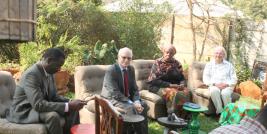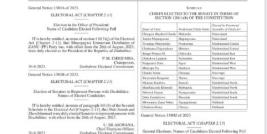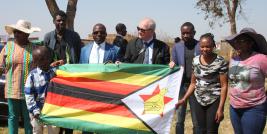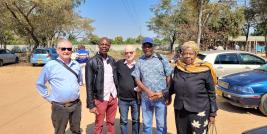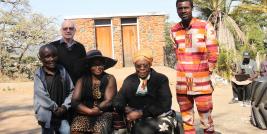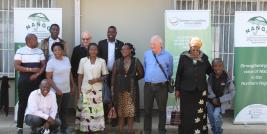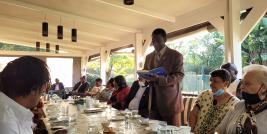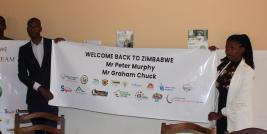The preventive arrest of 20 Zimbabwe Congress of Trade Unions last Thursday was aimed at stopping mass protests at a new 2 per cent tax on all electronic transactions. This state action demonstrated that despite the rhetoric of democratic change, important democratic rights to assemble and to protest are not respected. Yet this is just what President Mnangagwa has been trying to convince the World Bank, the International Monetary Fund, the European Union, the Commonwealth and his African neighbours he stands for.
The panic buying triggered by the announcement of the tax and fears that currency was disappearing has greatly damaged the public confidence which the new government has tried to engender.
The trade unions and other basic sectors of society such as women and students are the key to the recovery of the economy and thus the political stability of the country. So far there is little evidence that either the new government or the opposition has seriously engaged these important organisations.
So far no international player has stepped forward to negotiate an emergency package, and South Africa’s International Relations Minister is even reported saying that Zimbabwe has not asked for help.
Time is short. The promise of recovery that came with the deposing of the dictator Mugabe last November is rapidly fading. But neither Zimbabwe nor Africa can afford to see the country implode any further.
Zimbabwe Information Centre, Australia
October 15, 2018

